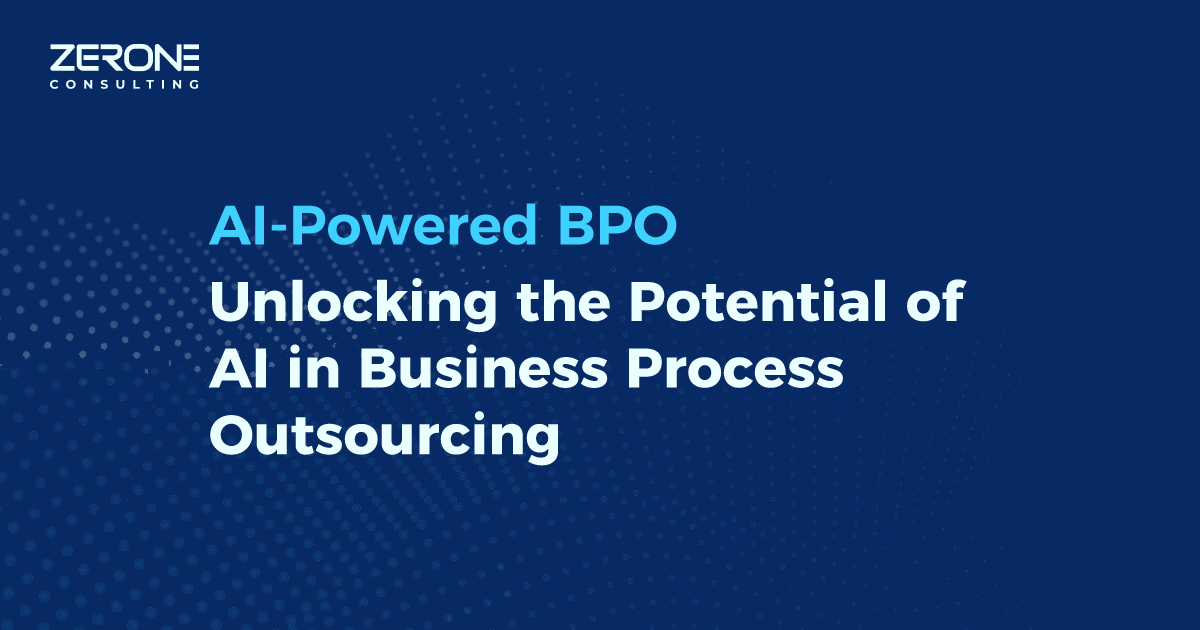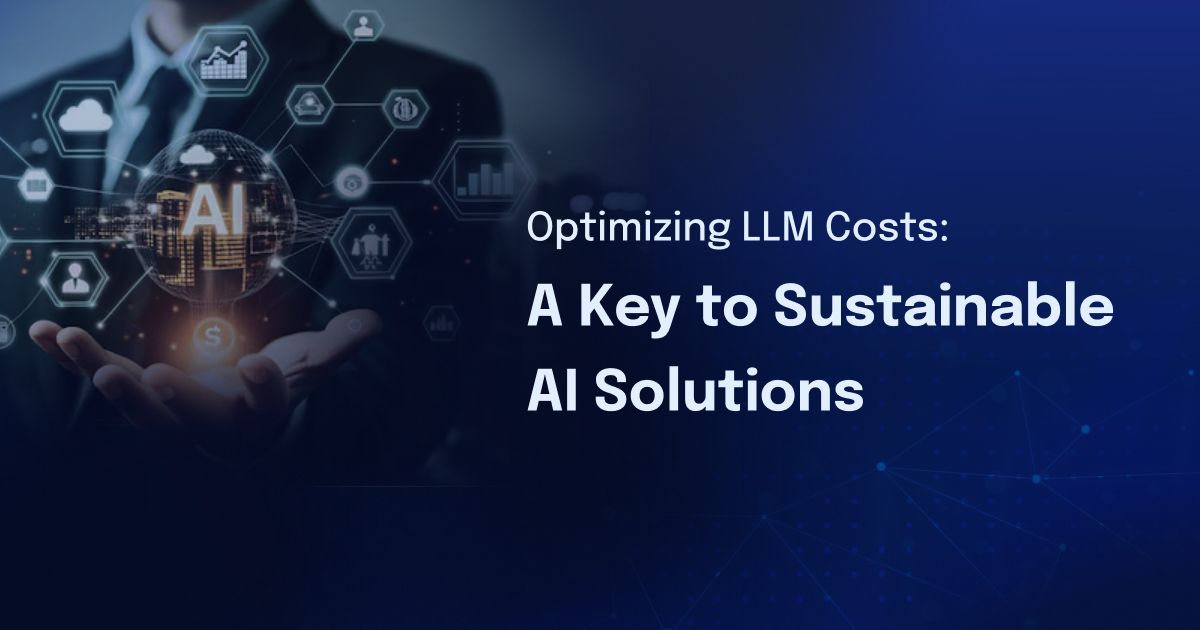Google and Facebook: Gesturing a New Phase of AI Collaboration
Google and Facebook are joining forces to push AI research. On 2nd October 2018, these Silicon Valley giants announced a partnership that enables Google to integrate Facebook’s open source Machine Learning (ML) framework- PyTorch- into its software and hardware tools. PyTorch is expected to work seamlessly with Google’s Tensor-Processing Units (TPUs). This partnership beckons a new age of collaboration in artificial intelligence research and development.
PyTorch, developed by Facebook is an open-source ML framework that helps in developing complicated mathematical programs used for AI research. It’s a deep learning framework designed for easy and flexible experimentation. Google-Facebook partnership comes in the wake of the preview release of PyTorch’s updated version- PyTorch 1.0. This new version of PyTorch now supports a fully hybrid Python and C/C++ front-end as well as fast, native distributed execution for production environments. As a result of this collaboration, PyTorch will work with Google’s custom computer chips for machine learning and Tensor Processing Units.
Rajen Sheth, Director of Product Management at Google Cloud notes in his blog, “In conjunction with the release of PyTorch 1.0 Preview, we are broadening support for PyTorch throughout Google Cloud’s AI platforms and services”. Google Cloud aims to support the full spectrum of machine learning practitioners, ranging from students and entrepreneurs to the world’s leading AI research and engineering teams. ML developers use different types of tools, and Google has integrated most of the popular open source frameworks into their products and services. Some of them are Tensor Flow, PyTorch, scikit-learn, and XGBoost.
“PyTorch 1.0 is just the beginning, and the long-term goal is to enable everyone to enjoy the simplicity and flexibility of PyTorch while benefiting from the performance, scalability, and cost-efficiency of Cloud TPUs”, states Sheth.
Related read: Google’s New AI Approach to Improve Mobile Machine Learning Models.
We can help!
Unlocking The Potential Of Ai In Business Process Outsourcing
#Artificialintelligence
Optimizing Llm Costs: A Key To Sustainable Ai Solutions
#Artificialintelligence



